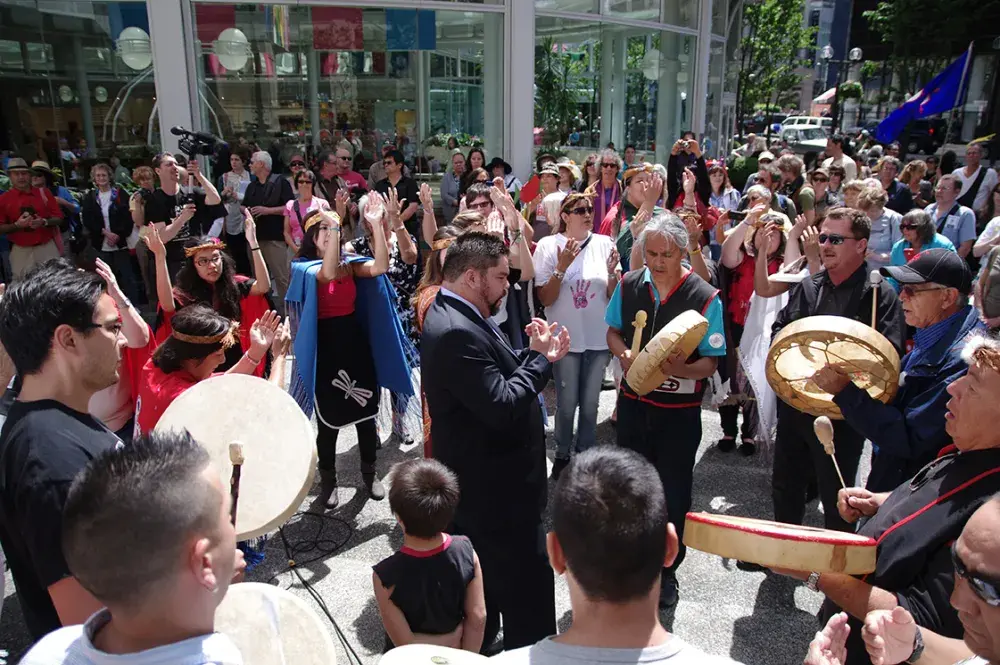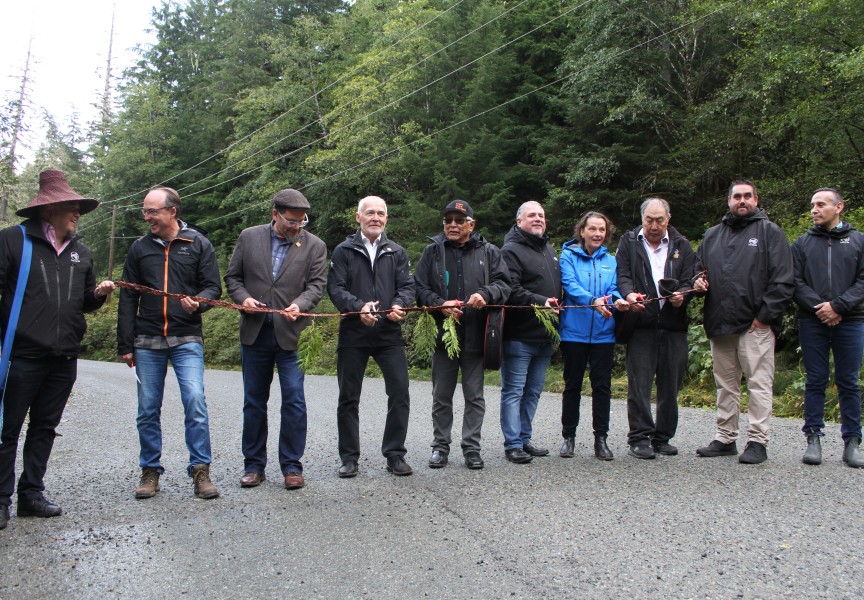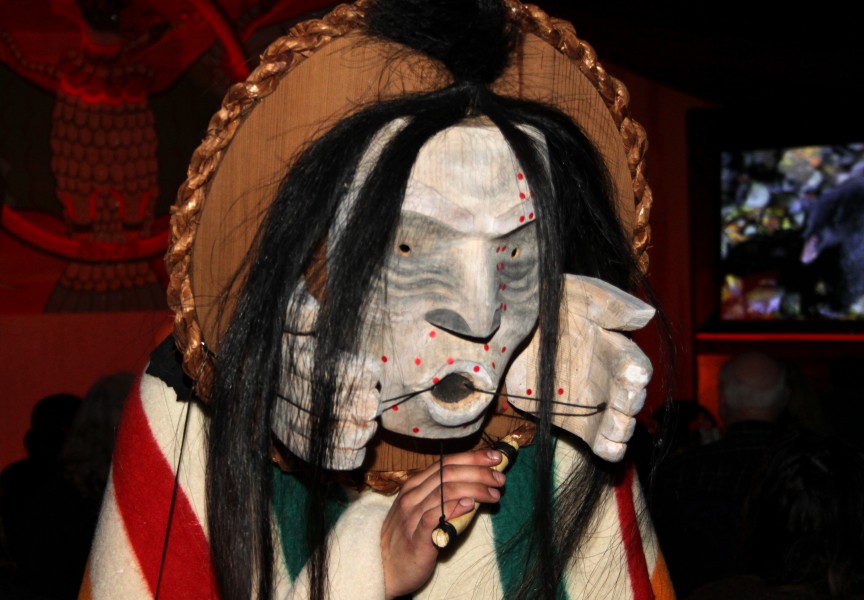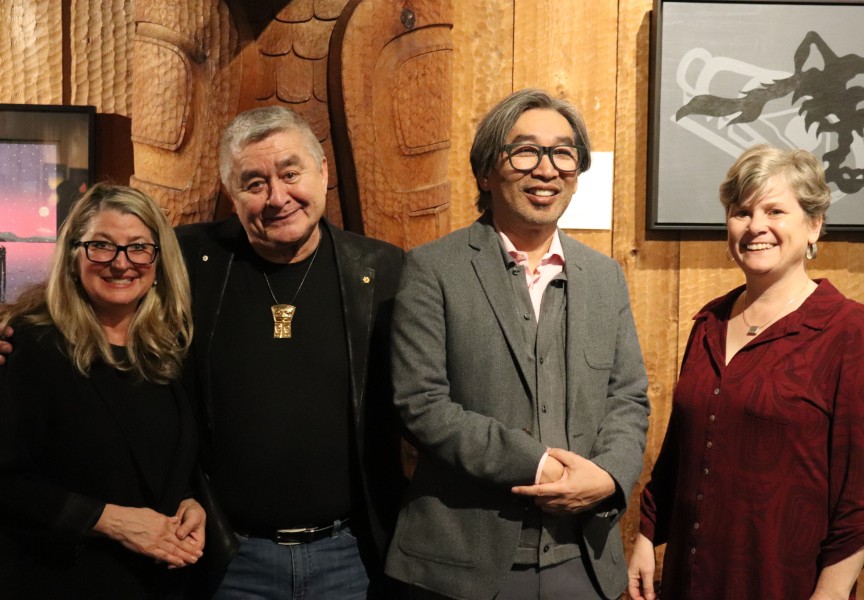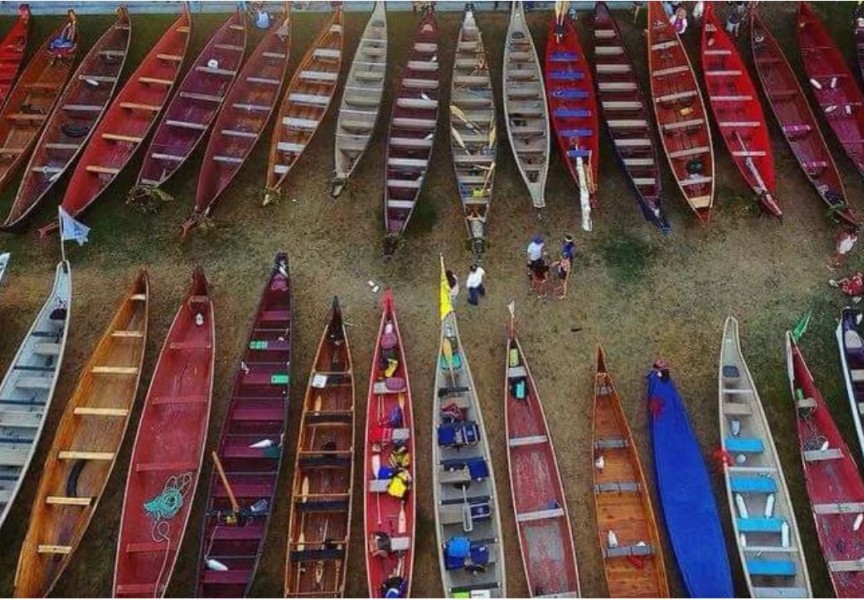Final arguments wrapped up in the Hupacasath First Nation's legal challenge to the Canada-China Foreign Investment Promotion and Protection Agreement (FIPPA) on Friday June 7.
Lawyers for Canada rebutted Hupacasath's challenge to the agreement before Chief Justice Paul Crampton in federal court in Vancouver.
The test isn't met to trigger the federal government's duty to consult First Nations about an impact to Hupacasath’s rights, federal lawyers said.
“For a duty to consult to be established in this case, there must be an actual causal link between the ratification of the FIPPA and the alleged adverse effects on the Hupacasath's asserted rights,” federal lawyer Judith Hoffman said. “The applicant has not established any causal link or any non-speculative adverse impacts.”
See story from Day 1 in court: http://www.hashilthsa.com/news/2013-06-06/fippa-modification-self-government-triggers-duty-consult-says-lawyer
The Haida court case regarding duty to consult was central in Hupacasath's challenge to FIPPA, but the decision isn't applicable to the agreement, Hoffman insisted.
The Haida case set out that the duty to consult First Nations triggers when there is the potential for impact to Section 35 rights under the Canadian Constitution. In Haida, the duty to consult was triggered during a timber license and permit transfer that impacted aboriginal rights and title.
“This element isn't present in (the Canada-China FIPPA). No decision has been made about (Hupacasath’s) reserves or land base,” Hoffman said.
Crown lawyers advanced several arguments in making their case.
FIPPA doesn't change domestic law and by extension the Crown obligation to consult with aboriginal people, Hoffman said.
Instead, FIPPA is an international agreement, and the link between it and domestic law isn't strong enough to trigger a duty to consult, Hoffman said.
“The treaty does not represent a fetter on the Crown to deal honourably with Aboriginal people,” she said. “Canada retains the policy flexibility to meet public and political objectives, including complying with constitutional obligations.”
Arguments about the potential impact on Hupacasath lands and resources in a post- FIPPA world were raised by the tribe's lawyer Mark Underhill on June 5.
The arguments are speculative, Hoffman said. There are no Chinese investments in Hupacasath territory at present and no plans for it.
Justine Crampton asked if consultation would start when a company commenced development in the territory. Hoffman said it would depend on the facts, but that the Canada-China FIPPA doesn't “...set the stage for future decisions that impact lands and resources,” she said.
Crampton also asked if the agreement changed the way developments are regulated. Hoffman replied no, that laws and policies would not be changed.
The Hupacasath are not actively negotiating a treaty, and left off at stage four of six in the treaty process, she said. There's no Agreement-In-Principle and no Final Agreement. However, FIPPA doesn't impact any negotiations.
“An impact on a negotiating position doesn't trigger a duty to consult,” she said.
The tribe has select law-making ability through the Indian Act, but those laws would only apply to its 55 hectares of reserve lands in Port Alberni, Hoffman said.
Justice Crampton asked what would happen if a tribe imposed a law in the form of moratorium against something like a Tree Farm License. Federal lawyer Shane Spelliscy replied that it could be done as long as the investor was afforded due process and not denied access to the courts.
The investor would have the option of seeking redress through a tribunal, and it would be Canada and not the Hupacasath that would be squaring off against the investor, Spelliscy said.
Hoffman pointed to the North American Free Trade Agreement (NAFTA), saying that it and the Canada-China FIPPA shared similar language and dispute tribunal mechanisms. There has not been one NAFTA claim by a First Nation since its inception in 1994, Hoffman said. As well, tribunals don't have the ability to affect rights and title, nor can they force the Crown to relinquish power and control, she said.
Hupacasath may be willing to be part of a group that government would consult with to gain consent, but the idea is impractical, Hoffman said. Firstly, a group is not a rights holder; a tribe is. And secondly, there are 614 First Nations in Canada. Consulting with that many groups would be “unprecedented”, she said.
In his closing statements to the court, Hupacasath lawyer Underhill argued that more than a treaty negotiating position could be compromised as a result of FIPPA.
“It's the content of those negotiations. You're restricting what can be negotiated and that triggers a duty to consult,” he said.
It is feasible that there will be a change to what the Crown does in trying to regulate aboriginal rights and title, and FIPPA will be that change, Underhill said.
NAFTA hasn't been as positive an experience for Canada as it has been painted to be. It's dangerous to assume that there won't be any claims brought against Canada, Underhill said.
“Land claim agreements are still in their infancy,” he said.
Chinese investment in Canada increased by 92 per cent from 2008 to 2011, Underhill said. The Canada-China FIPPA is good for 15 years with obligations still in force for another 15 years afterwards.
“It's not difficult to appreciate the amount of investment that will be here,” he said.
With so much at stake with FIPPA it's not out of the realm of possibility that lines will be blurred between the Crown's obligations to aboriginal rights and title and the international obligation it has taken on, Underhill said.
“It's fair for you to conclude that this obligation goes beyond Canadian domestic law,” Underhill said. “As a result, you can't accept Canada's position that its obligation to FIPPA will remain in a silo apart from its obligation to aboriginal peoples.”
A final decision in the case is expected to take one to three months.

